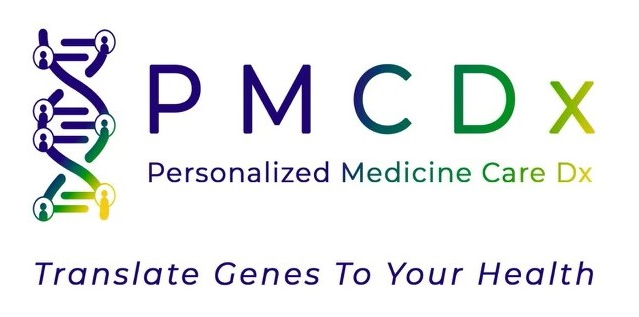| APC |
Heterozygous pathogenic variants in APC are associated with both classic and attenuated familial adenomatous polyposis (FAP), Gardner syndrome, Turcot syndrome, and Hereditary Desmoid disease. |
PubMed: 20301519; OMIM: 175100 |
| BMPR1A |
Heterozygous pathogenic variants in BMPR1A are associated with Juvenile Polyposis Syndrome (JPS). |
PubMed: 17303595, 20301642, 9869523; OMIM: 174900 |
| CDH1 |
Pathogenic heterozygous variants in the CDH1 (E-cadherin) gene are associated with an increased risk for gastric and lobular breast cancer. |
PubMed: 11729114, 20301318; OMIM: 192090 |
| MSH6 |
Autosomal dominant pathogenic variants in MSH6 are associated with Hereditary Non-Polyposis Colorectal Cancer (HNPCC), also known as Lynch Syndrome. Biallelic pathogenic variants have been associated with constitutional mismatch repair deficiency syndrome (CMMRD). |
PubMed: 20301390, 22692065; OMIM: 120436 |
| KIT |
Heterozygous germline mutations in the KIT gene have been associated with familial gastrointestinal stromal tumor syndrome. |
PubMed: 9697690, 23083126, 25209843, 24745671, 25504284, 27777718, 16015387, 25355294; OMIM: 164920 |
| EPCAM |
Heterozygous pathogenic variants in the EPCAM gene cause Hereditary Non-Polyposis Colorectal Cancer (HNPCC), also known as Lynch Syndrome, which increases the risk for gastric cancer. |
PubMed: 20301390, 23462293 |
| SMAD4 |
Heterozygous pathogenic variants in SMAD4 are associated with Juvenile Polyposis Syndrome (JPS). Biallelic pathogenic variants cause Hereditary Hemorrhagic Telangiectasia (HHT). |
PubMed: 19553198, 20301642 |
| MLH1 |
While heterozygous pathogenic variants in MLH1 are associated with Hereditary Non-Polyposis Colorectal Cancer (HNPCC), also known as Lynch Syndrome, biallelic pathogenic variants have been associated with constitutional mismatch repair deficiency syndrome (CMMRD). |
PubMed: 20301390, 22692065; OMIM: 120436 |
| MSH2 |
Heterozygous pathogenic variants in MSH2 are associated with Hereditary Non-Polyposis Colorectal Cancer (HNPCC), also known as Lynch Syndrome. Biallelic pathogenic variants have been associated with constitutional mismatch repair deficiency syndrome (CMMRD). |
PubMed: 20301390, 22692065; OMIM: 120436 |
| NF1 |
Autosomal dominant pathogenic variants in NF1 cause Neurofibromatosis Type 1, which is associated with several types of benign tumors and cancer, including neurofibromas, optic glioma, gastrointestinal stromal tumors, plexiform neurofibromas, and malignant peripheral nerve sheath tumors, and breast cancer. |
PubMed: 20301288, 16096406; OMIM: 613113 |
| PDGFRA |
Heterozygous germline pathogenic variants are a rare cause of Familial Gastrointestinal Stromal Tumor Syndrome. |
PubMed: 27437068 |
| PMS2 |
Heterozygous pathogenic variants in PMS2 are associated with Hereditary Nonpolyposis Cancer Syndrome (HNPCC), also known as Lynch syndrome. PMS2 is the least common of the mismatch repair genes that cause HNPCC, accounting for less than 5% of cases. Biallelic pathogenic mutations in PMS2 have been associated with constitutional mismatch repair deficiency syndrome (CMMRD). |
PubMed: 20301390, 22692065 |
| STK11 |
Autosomal dominant pathogenic variants in STK11 have been associated with Peutz-Jeghers syndrome (PJS) which is associated with an increased risk for multiple types of cancer, including breast, ovarian, gastric, colorectal, and pancreatic. |
PubMed: 15121768, 20301443; OMIM: 175200, 260350 |
| TP53 |
Heterozygous pathogenic variants in the TP53 gene are associated with Li-Fraumeni syndrome, a condition that increases risk for many types of cancer. |
PubMed: 20301488, 26014290, 2614290; OMIM: 151623, 191170 |
